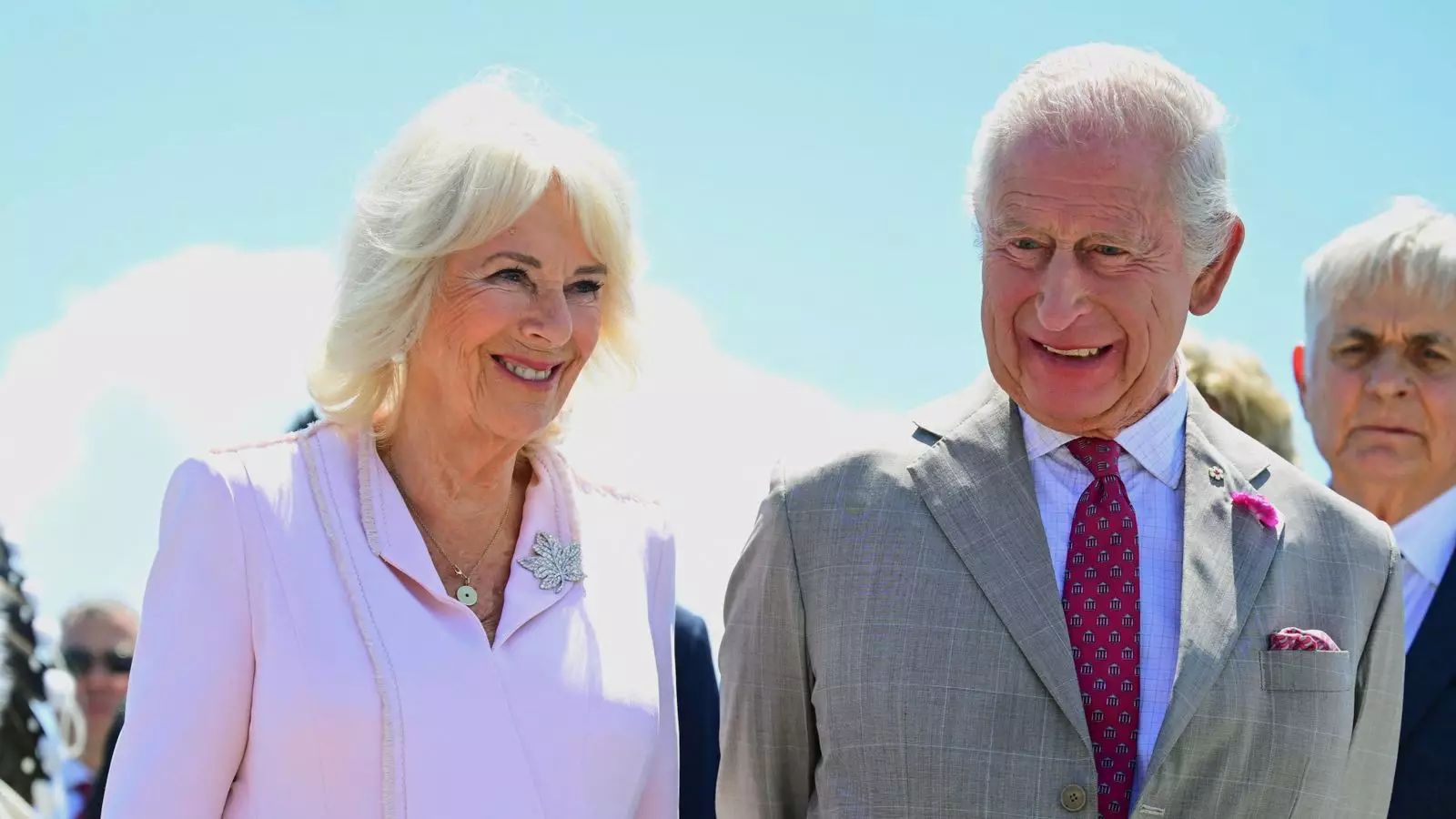In a striking exposé, Buckingham Palace has released records detailing the lavish gifts bestowed upon the Royal Family between 2020 and 2023. Among these treasures is a stunning Rolls-Royce Cullinan Series II, gifted to King Charles by Bahrain’s King Hamad bin Isa Al Khalifa. Priced at an eye-watering $443,575 (approximately £329,545), the vehicle is not merely a symbol of wealth but an emblem of privilege and status that fundamentally shapes our perceptions of the monarchy in an age where economic disparity is rampant. While it’s categorized strictly for official use, the very existence of such luxury stands in stark contrast to the plights of ordinary citizens grappling with the cost of living crisis.
The Politics of Gift-Giving
When examining the list of gifts received by the royals, it becomes evident that these tokens are not just ceremonial; they carry significant political weight. Former President Joe Biden’s thoughtful gift—a leather folder containing correspondence between Queen Elizabeth II and Dwight D. Eisenhower—serves to reinforce the enduring ties that bind the United Kingdom and the United States. However, the underlying message of these high-value gifts is not lost on the public. Gifts from world leaders may be gestures of friendship, but they also highlight the fragile nature of diplomacy. How do we reconcile the luxurious offerings from powerful figures with the pressing issues that dictate the lives of average citizens?
The Cultural Significance
Among the diverse array of gifts received, some embody deeper cultural narratives. Consider the gifts from Amazonian Indigenous leaders, including intricate feather crowns and carved staffs—a poignant reminder of the environmental crises affecting indigenous communities. While the royals may honor these gifts during state functions, they risk coming across as mere patrons of exoticism without truly advocating for the causes behind them. The presents become a speaking point, yet one wonders how these gestures translate into meaningful action toward change.
A Reflection on Privilege
As we explore the royal gift registry—complete with trinkets like a cobble from the Coronation Street set and gin glasses adorned with Manchester’s skyline—the symbolism grows increasingly problematic. Each gift, while charming, reinforces the notion that the royal family exists in a bubble insulated from the realities that the British populace endures. Are these extravagant possessions an endeavor to connect with the common man, or do they create an insurmountable chasm between the rich and the struggling?
The Ethical Quandary
Additionally, the rules governing these gifts raise ethical questions that are hard to overlook. While the royals are not required to pay taxes on these presents, should a family that represents the nation be subjected to different standards of accountability? Furthermore, the gift items eventually contribute to the Royal Collection, held in trust for the public, yet the underlying consumerist culture of collecting may suggest a misalignment of values. In a world where charity and compassion should reign supreme, it seems inappropriate to amass objects of luxury while advocates struggle daily to achieve equality.
The recent revelations about royal gifts compel us to scrutinize the institution of the monarchy itself. Are these displays of grandeur a necessary remnant of history, or do they serve as a constant reminder of the systemic inequities that plague our society? Royal gifts may sparkle in their presentation, but the real question is whether they contribute meaningfully to the discourse around wealth, responsibility, and the collective future we aspire to build.


Leave a Reply